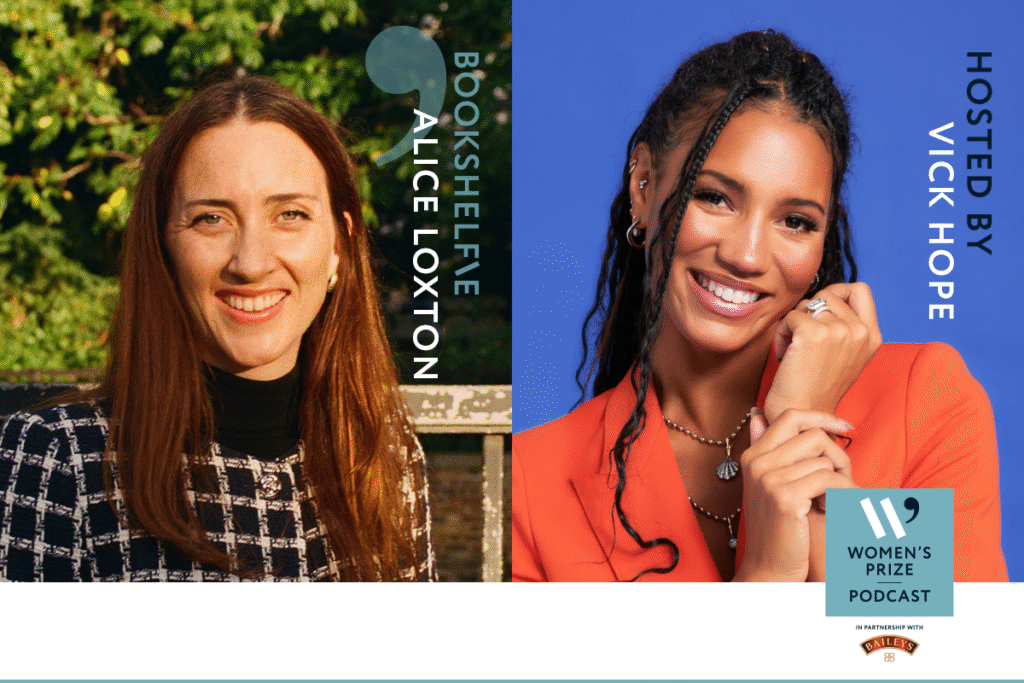Our host Vick Hope is joined by Alice Loxton.
Alice is a history presenter and author who is passionate about bringing history to mainstream, younger audiences. She has over three million followers on social media, where her videos educate on British history, heritage and art. She has worked with many organisations including 10 Downing Street, The Royal Academy, English Heritage, The National Gallery, Tate, BBC, ITV, and Microsoft, and she writes about history for publications including The Times, Telegraph and Spectator. She is an ambassador for the National Trust, a mentor for The King’s Foundation 35 Under 35 Network, and a patron of The British Pilgrimage Trust. Alice’s book Eighteen: A History of Britain in 18 Young Lives was a Sunday Times bestseller and Blackwell’s Book of the Year 2024. Her new book, Eleanor: A 200-Mile Walk in Search of England’s Lost Queen, sees her follow in the footsteps of Eleanor of Castile’s funeral procession, bringing to life the formidable character of this lesser-known royal.
Listen to the full episode here and read on to discover Alice’s five most influential books by women.
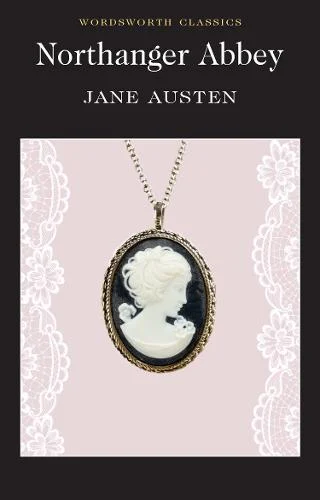
I read this when I was about 11 years old. I had always been someone who loved history, it’s just always been a passion. I’ve always had this fascination with the past, whether it’s visiting historic locations, watching historic dramas on TV, reading fiction and non-fiction, whatever it might be. I had this view of the Georgian era as an age of politeness, thinking about taking a turn around a room! What I absolutely adored about ‘Northanger Abbey’ was that it showed a side of silliness and fun. It’s a satire of the gothic genre and I just found that such a joy at that age. It’s also about a young woman, it’s a coming of age novel; I just found it a great delight.
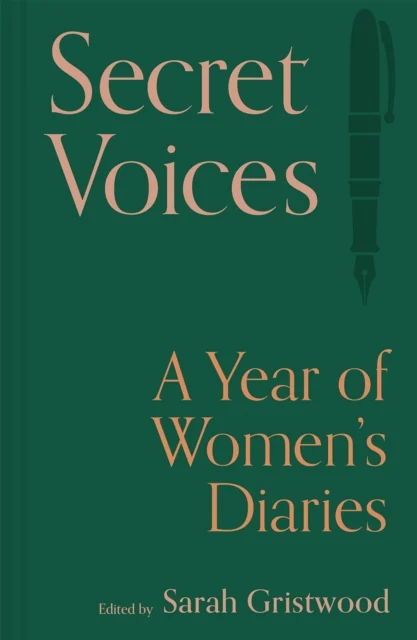
Everyday of the year has a series of quotes from women’s diaries, so it’s not really a book that you read cover to cover. It’s a book that you dip into; it’s a book that you return to in moments of joy, in happiness, or in sadness, when you’re looking for strength. So I think it is a kind of Bible in some ways.
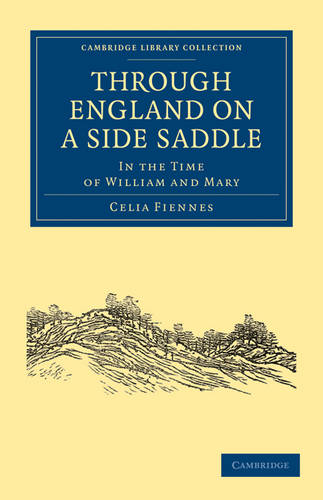
[Celia] didn’t get married, and instead she basically toured the country. […] She would go around the country and record what she saw, and this has been incredibly useful for writing about history in this period. […] But I also think what a wonderful figure she was, that she did that. I also think it’s quite funny how I’ve also ended up spending my time going around Britain making videos and recording what’s there.
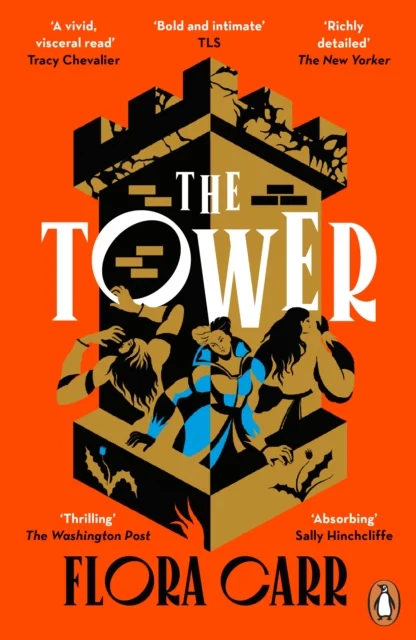
It’s this amazing insight into a world, told beautifully by Flora Carr. It’s wonderful to write these big stories or broad stories, telling great stories of politics and art and whatever it might be, but to focus in sometimes on one year –because this is basically one year in one room – and this shows the tension and how the relationships change. […] I just found it gripping, and then at the end of it, I realised it’s pretty much been in one room the whole time, so that’s a real triumph of writing from Carr.
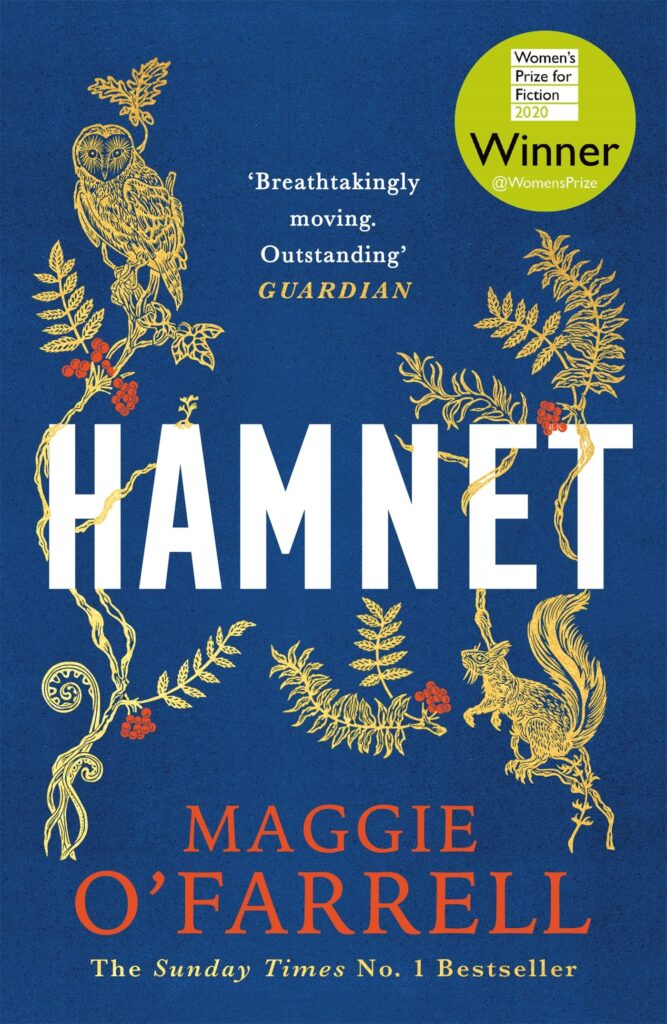
I thought it was brilliant. Credits to Maggie O’Farrell for seriously changing the conversation of history, and again, it’s the power of fiction that can make us rethink all these things. I have long explored Stratford-upon-Avon, and I’ve been to William Shakespeare’s house, and I had never seen it in the way that I had seen it when I read that book. It transformed forever, probably, how I think about Shakespeare’s family and his childhood. And it’s just bringing these characters to life. That’s what she did so brilliantly. So I am always indebted to her and so many other writers to do that.
